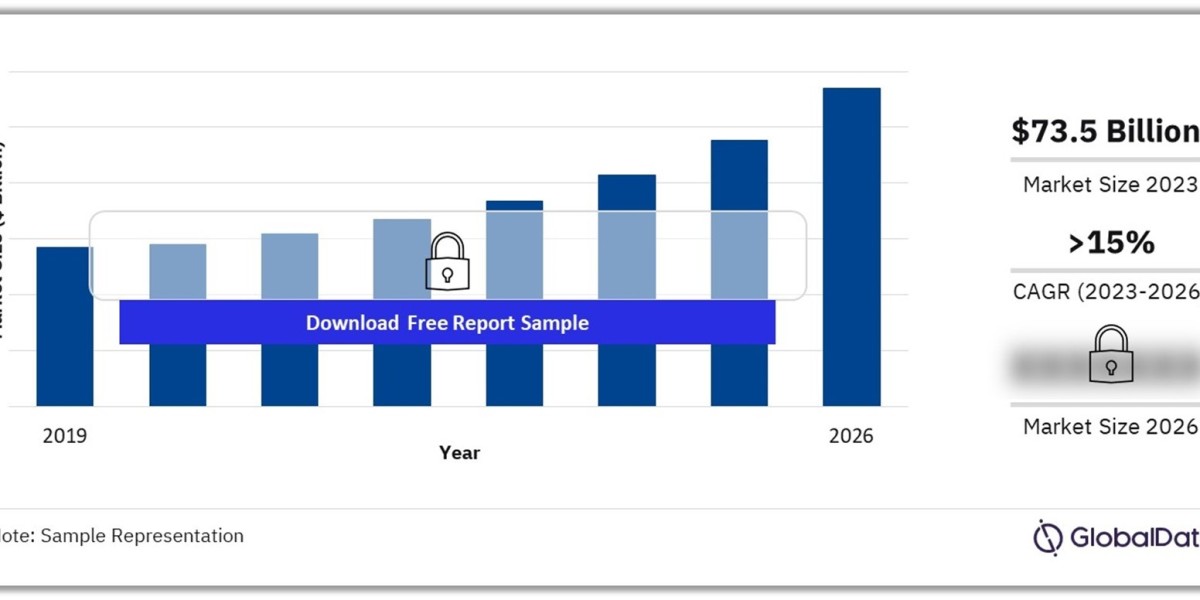Artificial Intelligence (AI) is revolutionizing various industries, and the financial sector is no exception. From automating routine tasks to enhancing customer experiences and improving risk management, AI in finance has become a crucial tool for organizations looking to stay competitive. Financial institutions are using AI to analyze vast amounts of data, streamline operations, and make better, data-driven decisions.
In this article, we will explore the top 10 use cases of AI in finance and how they are transforming the industry.
1. Fraud Detection and Prevention
One of the most critical applications of AI in finance is fraud detection and prevention. Traditional fraud detection systems rely on predefined rules and are often reactive. In contrast, AI-powered systems use machine learning algorithms to analyze vast amounts of transaction data, identify suspicious behavior, and flag anomalies in real-time.
By learning from historical data and evolving fraud patterns, AI systems can detect even the most sophisticated fraudulent activities, such as identity theft and credit card fraud, much faster than manual methods. This results in improved security for financial institutions and enhanced trust among customers.
2. Credit Scoring and Loan Underwriting
Credit scoring and loan underwriting have traditionally been time-consuming and prone to human biases. AI in finance is changing this by offering a more accurate and objective way of assessing a borrower’s creditworthiness. AI-powered credit scoring models consider a wider range of factors, such as spending habits, transaction history, and even social media activity, to evaluate risk.
These AI-driven systems can provide financial institutions with a more comprehensive understanding of a borrower’s financial health, leading to better lending decisions and reducing the risk of defaults. Additionally, AI-based loan underwriting processes are faster, allowing institutions to approve loans more quickly and efficiently.
3. Algorithmic Trading
Algorithmic trading, also known as algo-trading, is one of the most popular use cases of AI in finance. AI-powered trading algorithms analyze vast datasets in real-time, including market trends, historical data, and even news events, to make highly accurate trading decisions.
These AI systems can execute trades at optimal times, maximizing returns while minimizing risks. By removing human emotion and bias from trading decisions, AI-driven systems ensure that trades are based purely on data and analysis. This has led to the widespread adoption of AI in hedge funds, investment banks, and other financial institutions engaged in trading activities.
4. Robo-Advisors for Wealth Management
Robo-advisors are AI-powered platforms that provide automated, algorithm-driven financial planning services. These tools offer personalized investment advice by analyzing a client's financial goals, risk tolerance, and market data. Robo-advisors allow individuals to build and manage their portfolios without human intervention, making wealth management more accessible and affordable.
AI in finance has made it possible for even small-scale investors to benefit from professional financial advice at a lower cost compared to traditional wealth management services. These platforms are particularly beneficial for younger investors or those with lower investment amounts who want to grow their wealth efficiently.
5. Customer Service Automation (Chatbots)
AI-powered chatbots are transforming customer service in the financial industry. Chatbots can handle a wide range of customer queries, from balance inquiries to transaction history, in real-time. These AI systems are available 24/7 and provide instant support, improving the overall customer experience.
By using natural language processing (NLP) and machine learning, AI-driven chatbots can understand customer queries, offer personalized responses, and even recommend financial products based on individual needs. This automation reduces the workload on human agents, allowing them to focus on more complex issues, while the chatbot handles routine tasks efficiently.
6. Predictive Analytics for Financial Forecasting
Predictive analytics, powered by AI, allows financial institutions to make more accurate predictions about future market trends, economic shifts, and customer behavior. AI in finance uses historical data and machine learning algorithms to identify patterns, enabling organizations to forecast outcomes with higher precision.
For instance, AI can predict market trends, stock prices, and economic indicators, helping financial analysts make informed decisions. AI-driven predictive analytics is also useful for detecting potential business risks, such as credit defaults or economic downturns, enabling financial institutions to take preemptive measures.
7. Risk Management
Risk management is a key component of the financial industry, and AI is playing an increasingly important role in this area. AI in finance is used to assess various risks, from market and credit risks to operational risks. Machine learning algorithms can analyze historical data, market conditions, and external factors to identify potential risks and provide actionable insights.
By using AI, financial institutions can make data-driven decisions that minimize risks and improve their overall financial stability. AI-powered risk management systems also provide real-time risk assessments, allowing businesses to respond more quickly to market changes or unexpected events.
8. Regulatory Compliance and Reporting (RegTech)
The financial industry is subject to strict regulatory requirements, and maintaining compliance can be challenging for institutions. AI in finance has given rise to RegTech (Regulatory Technology), which helps businesses comply with regulations more efficiently.
AI-powered RegTech tools can monitor transactions, assess compliance with regulations, and automatically generate reports for regulatory authorities. These systems continuously update as regulations evolve, ensuring that financial institutions remain compliant without manual intervention. This not only reduces compliance costs but also minimizes the risk of regulatory penalties.
9. Personalized Financial Services
Personalization is becoming increasingly important in finance, and AI is enabling financial institutions to offer tailored services to their customers. AI in finance allows organizations to analyze customer behavior, preferences, and financial history to deliver personalized product recommendations, investment strategies, and financial advice.
For example, banks can use AI to recommend credit cards, loans, or savings accounts that align with a customer’s spending habits and financial goals. AI-driven personalization also extends to investment management, where robo-advisors can create custom portfolios based on an investor’s unique profile.
10. Insurance Claims Processing and Fraud Detection
AI is making significant strides in the insurance industry, particularly in claims processing and fraud detection. Traditionally, claims processing has been slow and prone to human error. AI-powered systems can automate the entire claims process, from claim submission to approval, reducing processing time and improving accuracy.
Additionally, AI in finance helps detect fraudulent insurance claims by analyzing patterns of suspicious behavior and identifying inconsistencies in claims data. This ensures that legitimate claims are processed quickly, while fraudulent claims are flagged for further investigation, saving insurers millions in potential losses.
Conclusion
AI in finance is transforming the way financial institutions operate, offering enhanced efficiency, improved security, and better decision-making capabilities. From fraud detection and credit scoring to personalized services and algorithmic trading, AI is revolutionizing every aspect of the financial industry. By automating routine tasks, providing real-time insights, and enabling data-driven decision-making, AI is helping financial institutions stay competitive in a rapidly evolving landscape.
As AI technologies continue to advance, their applications in the financial sector will only expand, providing even more opportunities for innovation. For financial institutions that want to remain at the forefront of the industry, embracing AI in finance is no longer optional—it’s essential for success in today’s digital economy.








